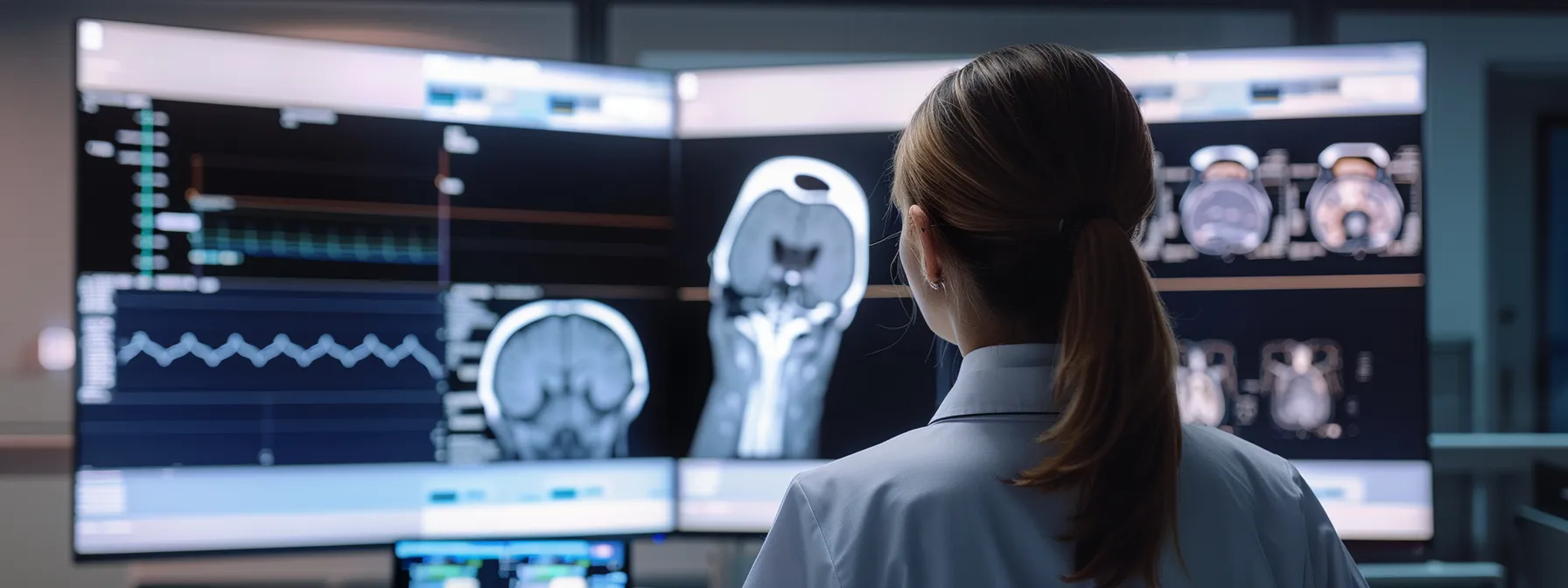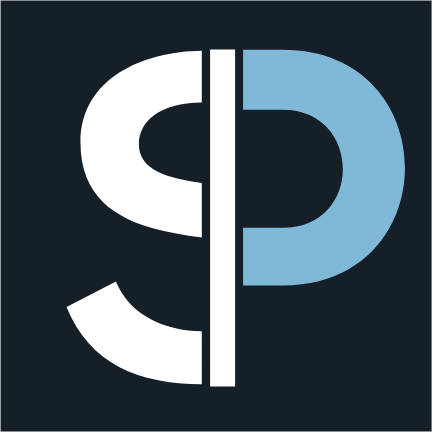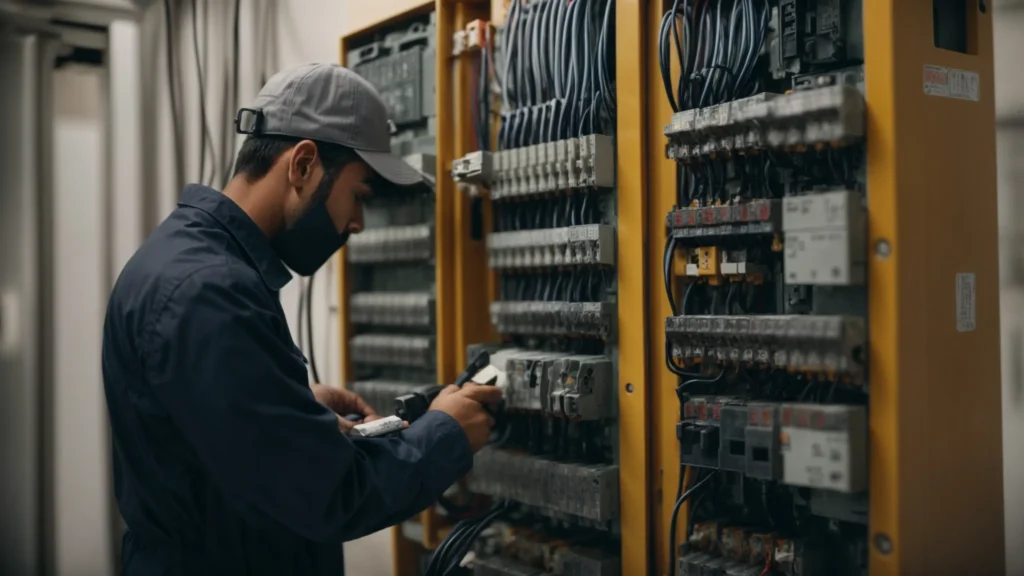Transforming Home Health: How AI Solutions Streamline Outcome and Assessment Information Set (OASIS) Documentation and Boost Revenue
The landscape of home health care is evolving rapidly with the integration of technological advancements. Central to this transformation is the use of artificial intelligence (AI) in improving the efficiency and accuracy of OASIS documentation. This critical tool affects not only patient outcomes but also the financial health of home care providers. In this article, we delve into how AI can elevate the home health industry by refining documentation processes and ultimately enhancing revenue.
Streamlining Home Health Operations With AI Solutions

Efficiency is key to any successful operation, and in the context of home health care, AI-driven solutions are streamlining administrative workflows, including OASIS documentation. AI tools can automate repetitive tasks, eliminate redundancy, and synchronize data across different platforms, cutting down on the time required to complete and process documentation.
Additionally, AI systems can serve as central hubs for patient information, ensuring that all relevant data is accessible and up-to-date. This level of organization makes it easier for healthcare providers to navigate patient records, track changes over time, and make informed decisions quickly. It translates to more comprehensive care coordination and better resource allocation.
Integration of AI solutions, such as Home Health AI for faster, more accurate OASIS documentation and increased revenue, is showing promising results. By automating data entry, flagging potential issues, and providing actionable insights, these intelligent systems empower healthcare providers to deliver superior care while maintaining operational efficiency.
The Role of AI in Enhancing OASIS Documentation Accuracy

AI has revolutionized the way in which data is managed and processed, and its applications in OASIS documentation are no exception. AI systems are typically designed to recognize patterns, identify discrepancies, and suggest corrections, leading to a higher level of accuracy in the collected data. With AI assistance, the risk of human error can be greatly reduced.
AI technologies can process large datasets more rapidly and relentlessly than a human ever could, allowing for real-time analysis and feedback during the OASIS documentation process. This means that inconsistencies and errors can be flagged immediately, ensuring that they are addressed before submission. Home care staff are thus enabled to provide more accurate and reliable patient assessments.
Moreover, AI algorithms can learn from each interaction, constantly improving the accuracy and consistency of OASIS data. Over time, this creates a virtuous cycle that leads to even greater precision in documentation and assessment practices—incrementally enhancing patient care planning and outcomes.
AI-Driven Analytics for Increased Home Health Revenue

At the intersection of improved OASIS documentation accuracy and streamlined operations is the potential for increased revenue. AI-driven analytics play a crucial role by facilitating accurate billing and ensuring that services are reimbursed at the correct level. In an era of shrinking margins, this can make a significant difference for home health agencies.
These sophisticated systems also support data-driven decision-making, which can assist in identifying areas of operational improvement and cost savings. By analyzing trends and patterns in OASIS data, AI can uncover insights that lead to better management decisions, such as optimal staffing levels or targeted training for clinicians.
Beyond mere data analysis, AI systems also enhance compliance with regulatory requirements. Adherence to these standards is closely tied to financial performance, as non-compliance can result in penalties or reduced reimbursements. With AI’s meticulous attention to regulatory changes, providers can adapt swiftly and avoid fiscal pitfalls.
Overcoming Challenges in OASIS Documentation With AI Technology

Despite its comprehensive nature, OASIS documentation is subject to various challenges that can lead to suboptimal patient care and reduced reimbursements. One of the primary hurdles is the sheer complexity of the OASIS tool, which can overwhelm clinicians and administrative staff. AI technology addresses this by providing guided pathways and checkpoints to assist in completing documentation accurately.
Another significant challenge is the ongoing changes to OASIS regulations and guidelines. Keeping up with these modifications can be daunting for home health organizations. AI systems, updated regularly with the latest regulatory information, can alleviate this burden by ensuring compliance and alerting staff to new requirements.
Altogether, the convergence of AI and home health care is laying down a pathway for improved patient outcomes, operational efficiency, and financial gain. As agencies increasingly adopt these intelligent solutions, they are setting new industry standards for accuracy, compliance, and patient-centric care.







